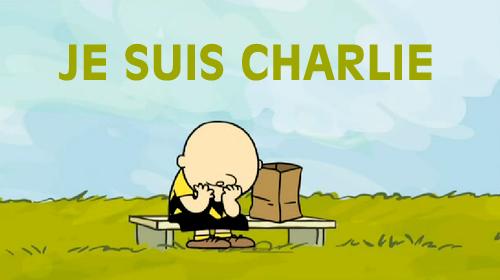One of the key things in learning English is getting the rules of politeness. They are really very unique, and require a lot of analysis on both sides of the conversation. If you think adding "PLEASE" to your requests, for example, is enough, you are in for a big surprise. Have a look at some phrases that are used every day. Some are a bit tongue-in-cheek, but not as much as you would have thought. It's all about understatement, both in negative and positive messages being communicated. Have a look! :)
| WHAT THE BRITISH SAY | WHAT THE BRITISH MEAN | WHAT FOREIGNERS UNDERSTAND |
|---|---|---|
| I hear what you say | I disagree and do not want to discuss it further | He accepts my point of view |
| With the greatest respect | You are an idiot | He is listening to me |
| That's not bad | That's good | That's poor |
| That is a very brave proposal | You are insane | He thinks I have courage |
| Quite good | A bit disappointing | Quite good |
| I would suggest | Do it or be prepared to justify yourself | Think about the idea, but do what you like |
| Oh, incidentally/ by the way | The primary purpose of our discussion is | That is not very important |
| I was a bit disappointed that | I am annoyed that | It doesn't really matter |
| Very interesting | That is clearly nonsense | They are impressed |
| I'll bear it in mind | I've forgotten it already | They will probably do it |
| I'm sure it's my fault | It's your fault | Why do they think it was their fault? |
| You must come for dinner | It's not an invitation, I'm just being polite | I will get an invitation soon |
| I almost agree | I don't agree at all | He's not far from agreement |
| I only have a few minor comments | Please rewrite completely | He has found a few typos |
| Could we consider some other options | I don't like your idea | They have not yet decided |
